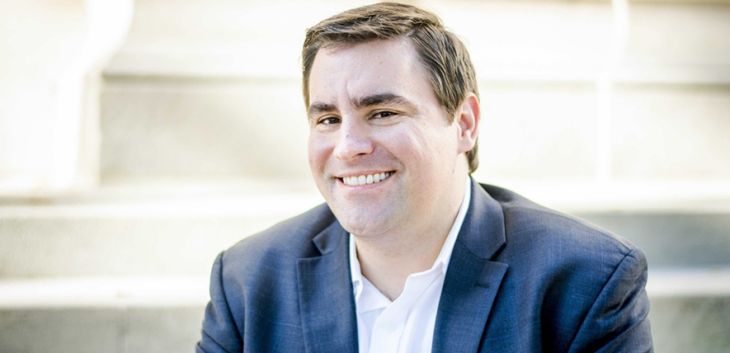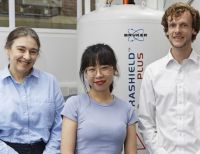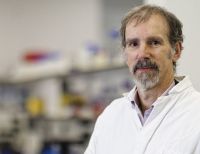Professor Steven Barrett has been appointed Regius Professor of Engineering at the University of Cambridge, effective 1 June. He joins the University from the Massachusetts Institute of Technology (MIT), where he is head of the Department of Aeronautics and Astronautics (AeroAstro).
Barrett’s appointment marks his return to Cambridge, where he was an undergraduate at Pembroke College, and received his PhD. He was a Lecturer in the Department of Engineering from 2008 until 2010, when he joined the faculty at MIT.
The Regius Professorships are royal academic titles created by the monarch. The Regius Professorship in Engineering was announced in 2011, in honour of HRH Prince Philip, The Duke of Edinburgh’s 35 years as Chancellor of the University.
“It’s a pleasure to welcome Steven back to Cambridge to take up one of the University’s most prestigious roles,” said Vice-Chancellor Professor Deborah Prentice. “His work on sustainable aviation will build on Cambridge’s existing strengths, and will help us develop the solutions we need to address the threat posed by climate change.”
Barrett’s research focuses on the impact aviation has on the environment. He has developed a number of solutions to mitigate the impact aviation has on air quality, climate, and noise pollution. The overall goal of his research is to help develop technologies that eliminate the environmental impact of aviation. His work on the first-ever plane with no moving propulsion parts was named one of the 10 Breakthroughs of 2018 by Physics World.
“This is an exciting time to work on sustainable aviation, and Cambridge, as well as the UK more generally, is a wonderful platform to advance that,” said Barrett. “Cambridge’s multidisciplinary Department of Engineering, as well as the platform that the Regius Professorship provides, makes this a great opportunity. I’ve learned a lot at MIT, but I’d always hoped to come back to Cambridge at some point.”
Much of Barrett’s research focuses on the elimination of contrails, line-shaped clouds produced by aircraft engine exhaust in cold and humid conditions. Contrails cause half of all aviation-related global warming – more than the entirety of the UK economy. Barrett uses a combination of satellite observation and machine learning techniques to help determine whether avoiding certain regions of airspace could reduce or eliminate contrail formation.
“It will take several years to make this work, but if it does, it could drastically reduce emissions at a very low cost to the consumer,” said Barrett. “We could make the UK the first ‘Blue Skies’ country in the world – the first without any contrails in the sky.”
“Steven’s pioneering work on contrail formation and avoidance is a key element in reducing the environmental impact of aviation, and will strengthen the UK’s position as a world leader in this area,” said Professor Colm Durkan, Head of Cambridge’s Department of Engineering. “Together with Steven’s work on alternative aviation propulsion systems, this will strengthen Cambridge’s vision of helping us all achieve net zero at an accelerated rate.”
In addition to the Professorship in Engineering, there are seven other Regius Professorships at Cambridge: Divinity, Hebrew, Greek, Civil Law and Physic (all founded by Henry VIII in 1540), History (founded by George I in 1724) and Botany (founded in 2009, to mark the University’s 800th anniversary).














